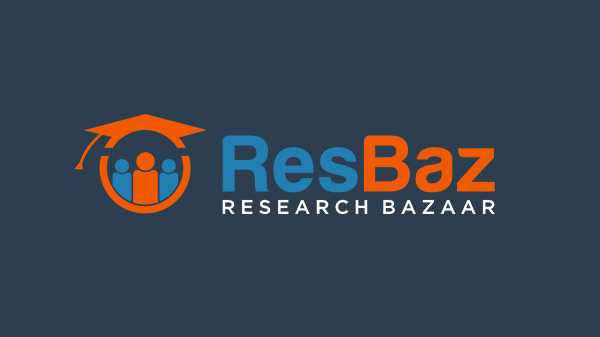
Research Bazaar

Research Bazaar, a worldwide festival promoting digital literacy and research collaboration, is coming to the United States for the first time in Tucson, Arizona on March 31 – April 1.
Not so long ago, scholarly work could be pursued independently or on a small team working with tools that were well known within the discipline (SPSS if you’re a sociologist, Chronux if you’re a neurologist, etc). Today’s cyber environment has exploded that traditional approach.
New technology tools have given rise to new types of questions, which cross traditional disciplinary boundaries. As scholarship becomes increasingly interdisciplinary, researchers need the ability to co-opt tools from other domains – which is easier said than done. One way to speed the learning cycle is to take advantage of peer-to-peer teaching. That’s what Research Bazaar (ResBaz for short) is all about.
ResBaz is a concept launched by a group at the University of Melbourne, Australia in 2015, to take networking to a whole new level. The project aims to promote digital literacy in all aspects of modern research, bridging common elements and methodologies from natural and life sciences, computer science, social sciences, and more. With festivals and events now occurring at campuses around the world, ResBaz rapidly has become a global phenomenon.
The Research Bazaar festival in Tucson (#ResBazAZ) is sponsored by CyVerse, the BIO5 Institute, and the University of Arizona Libraries and will be held on the University of Arizona mall March 31 – April 1.
"Research Bazaar aligns perfectly with our mission at CyVerse to expand a national infrastructure for computational research, and to create a community of trained data scientists that transcends traditional research domains,” said Parker Antin, CyVerse co-principal investigator. “We are proud to bring Research Bazaar to the University of Arizona campus, and hope that it will provide an opportunity for researchers in all disciplines to collaborate in solving their data science challenges."
Using techniques such as lightning talks, affinity groups, crowd-sourcing and pop-up sessions, ResBaz helps researchers identify peers who are facing similar challenges or are using a tool or skill they’d like to learn. The Bazaar has a few structured components – there is a keynote and some workshops – but is flexible enough to accommodate participant ideas that emerge organically. Open collaborative space will be provided on both days and experts from CyVerse and the Libraries will be on hand to answer questions.
Registration is free and open to the public. Attendees may opt to share their own knowledge and experience through a lightning talk or presentation when filling out the registration form.
ResBaz is intended to be a venue where anyone working with computational problems in their work or studies can find information, learning, and connections to enable them to accelerate their data science.
CyVerse science informatician Blake Joyce, one of the bazaar organizers, hopes the event will attract students, staff, faculty, collaborators, and community researchers in a spirit of collaborative problem-solving and solution-sharing. The need to use digital tools for data is a unifying challenge, he said: “We are interested in connecting completely disparate departments and schools. It’s not just a biology thing – data is data and everyone is moving into computation.”
Although a researcher’s first instinct is often to tackle problems in isolation, Andreina Castillo, a UA postdoctoral researcher studying the parasite that causes malaria, said that bringing it to the ResBaz group can be helpful: “Sometimes it’s good to just meet with people and brainstorm about how to solve your problem. It’s much more efficient.” Castillo finds that ResBaz events offer a low-stress and social venue for getting help with digital challenges and learning new digital skills.
In addition to the two-day festival, Joyce and CyVerse software engineer Julian Pistorius together host two recurring ResBaz events each week: Hacky Hour and PhTea. Hacky Hour is every Thursday from 4-7 p.m. at Pasco Kitchen and Lounge. PhTea is Tuesday mornings from 8-10 a.m. at the Nucleus Café in the Keating building.